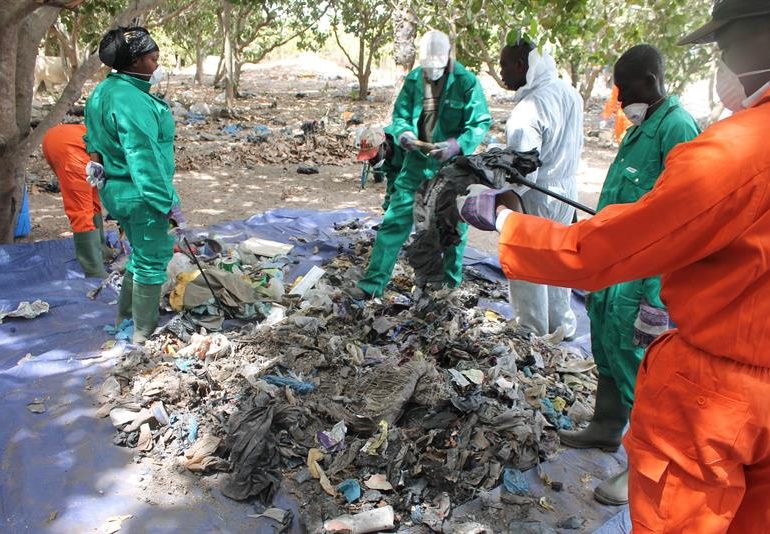RNE, a renewable energy company, requested for a feasibility study on waste to energy in the Gambia. The study been conducted by ECOSOL Limited, a total of 40 experts and 35 non-experts were interviewed including 11 government agencies. The study was centered towards the viability of waste to energy production plant in The Gambia that will provide environmentally friendly energy solution while contributing to reducing greenhouse gas (GHG) emissions as well as reducing the daunting challenges of waste and sewage management in the country generated daily.
The results revealed that, considering the enormous waste management challenges and energy needs in the country, waste to energy no doubt represents huge potential in Gambia. The government has a target in the National Development Plan (NDP) of increasing the share of renewable energy in the energy mix from 2% to 49 % by 2023 to reduce reliance on fossil fuels, improve stability and reduce the cost of electricity.
The result also revealed that waste to energy is a clean and affordable renewable energy source, which has the chance of providing clean energy for household and industrial uses. Using energy from waste will mean using an energy source (feedstock) that is easily available in the country with less expenses and maintenance. From the anaerobic digestion plant at sukuta hospital, waste to energy contribute to very less pollution and other environmental health hazards. A feasibility report by GIEPA investment guide 2012 indicated that groundnut shells in the Banjul-Kanifing area alone can produce an electricity supply of 600kWh/day.
Another thing revealed by the study was reduction of solid and liquid waste and employment creation for people in the country. According some of the people interviewed at dumpsite, the quantity of waste dumped at the municipal dumpsites cannot be sustained by the dumpsites, in the future. A survey report by Gambia Bureau of statistics showed that the working age population constitutes 1,256,859 of which 43% are unemployed and 41% youthful population is unemployed. Waste to energy solutions production can directly employ many people in the country such as drivers, waste segregators, cleaners and engineers.

